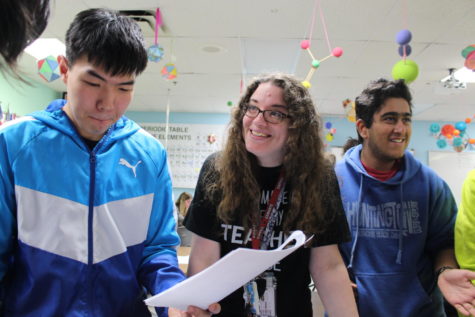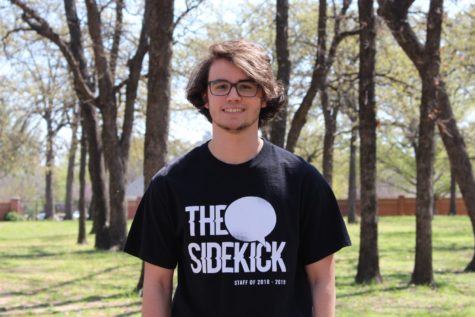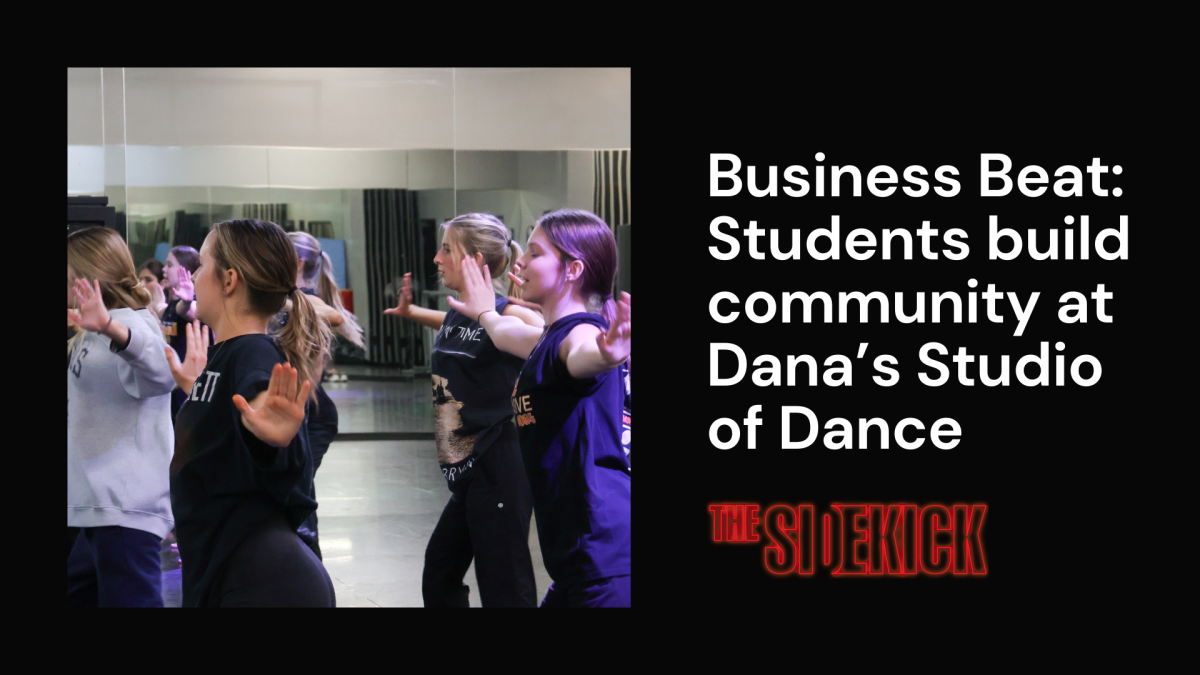Sheppard, students form chemical bonds
March 2, 2018
If one were to walk into Coppell High School chemistry teacher Susan Sheppard’s classroom, they might find goggle-wearing students eagerly collaborating over a sink amidst organized chaos. Sheppard is going on her 13th year of teaching, six of which have been spent at CHS. Previously, she has taught forensic science, biology, and physics. Sheppard is also the science coach for the CHS Academic Decathlon team. She is admired by her students and colleagues alike for her energetic presence and engaging style of teaching.
“I love interacting with my students and showing them how things work,” Sheppard said. “I love the order behind chemistry. I love to take a seemingly obscure and boring substance and then show my students the chemistry behind it, and why it is relevant to them.”

Coppell High School IB Chemistry third period students get help on their test corrections from IB and Honors Chemistry teacher Susan Sheppard on Feb. 9. Students ask questions regarding their test and receive feedback and answers from Sheppard.
Sheppard allows her students to work at their own pace as she understands that some students will varying levels of aptitude when it comes to chemistry. She describes her classroom environment as “very energetic and very enjoyable”. In addition to teaching five Honors Chemistry classes, Sheppard also teaches IB Chemistry II.
“She’s definitely a relational teacher to her students,” Coppell High School chemistry teacher Chris Stricker said. “She really loves and has a true passion for chemistry.”
Sheppard has been known to go out of her way to help her students with the material to ensure that they fully understand what she is teaching them.
“Mrs. Sheppard is definitely my absolute most favorite teacher ever,” said Coppell High School sophomore Millicent Coleman. “She’s always just so understanding and patient with her students and takes the time to make sure each student is really getting all of the information they need. I always feel like if I’m struggling to understand something, I can immediately go ask her without hesitating.”
Sheppard holds her students in high regard and hopes to that in the future, her students will be able to apply the knowledge she is supplying them with to their everyday lives.
“I hope that in the future, they [students] take it and become good science consumers,” Sheppard said. “I hope that they will be able to use tools such as scientific inquiry so that they can look at everyday things and see the chemistry behind it all.”









